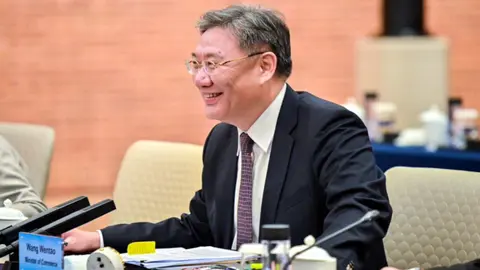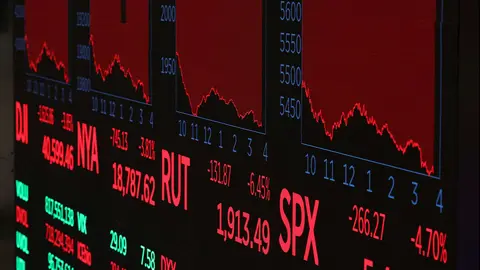The US International Trade Court overturns Donald Trump's tariffs
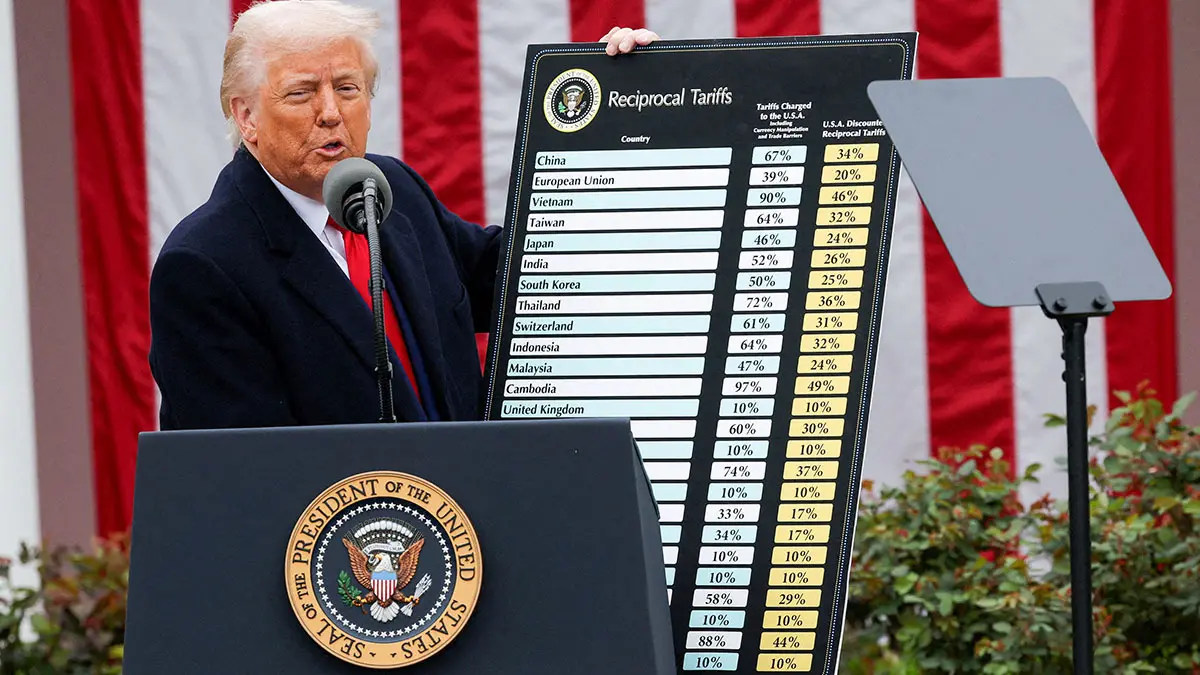
Following the rulings against the decisions taken by US President Donald Trump on tariffs and the deportation of international students, tensions between two of the country's most important powers have sparked the first crisis that the White House will have to face.
- ‘The tariffs are abusive’
- ‘The law is above all else’
- Trump denounces and threatens to go further
- End of deportations?
‘The tariffs are abusive’
With regard to tariffs, the US Federal Court of International Trade, based in New York, ruled that the imposition of 10% tariffs on imports are ‘abusive measures’ and therefore considered them invalid.
Although a large number of countries agreed to negotiate ‘friendly’ tariffs with the United States, the Court's decision could change everything, as those who did not agree to talk to the US government now have the opportunity to try to do business with Donald Trump. But first, the White House must withdraw the current tariffs within 10 days.
Under the banner of reciprocity, Washington has been involved in several trade wars over the last two months, particularly with China, on which it imposed tariffs of more than 250% and banned Nvidia, the world's largest microchip company, from selling products to the Asian giant; and with the European Union, on which it announced tariffs of 50% for 1 June, which were subsequently postponed to 9 July and, following the Court's decision, it remains to be seen whether or not they will finally be applied.

‘The law is above all else’
Among the arguments put forward in the Court's ruling, it highlights that the imposition of certain tariffs ‘violates the exclusive authority of Congress to regulate foreign trade’; and pointed out that the International Emergency Economic Powers Act (IEEPA) does not give the President of the Government the authority to impose tariffs, since ‘the issuance of prerogatives and such expansion of power is not permitted in the absence of legislation by Congress’. The Court therefore ruled that there had been an ‘abuse of power.’
‘The court holds that the IEEPA does not authorise any of the global, retaliatory or traffic tariff orders that exceed any power granted to the president to regulate imports. The contested tariff orders shall be annulled and their application permanently suspended,’ the ruling states emphatically.
The president's claims on his social media platform Truth Social that the tariffs were empowering US companies do not appear to be entirely true, as it was a conglomerate of five US companies that, through the Liberty Justice Center (LJC), filed the lawsuit against this decision because it threatened their competitiveness and commercial interests.
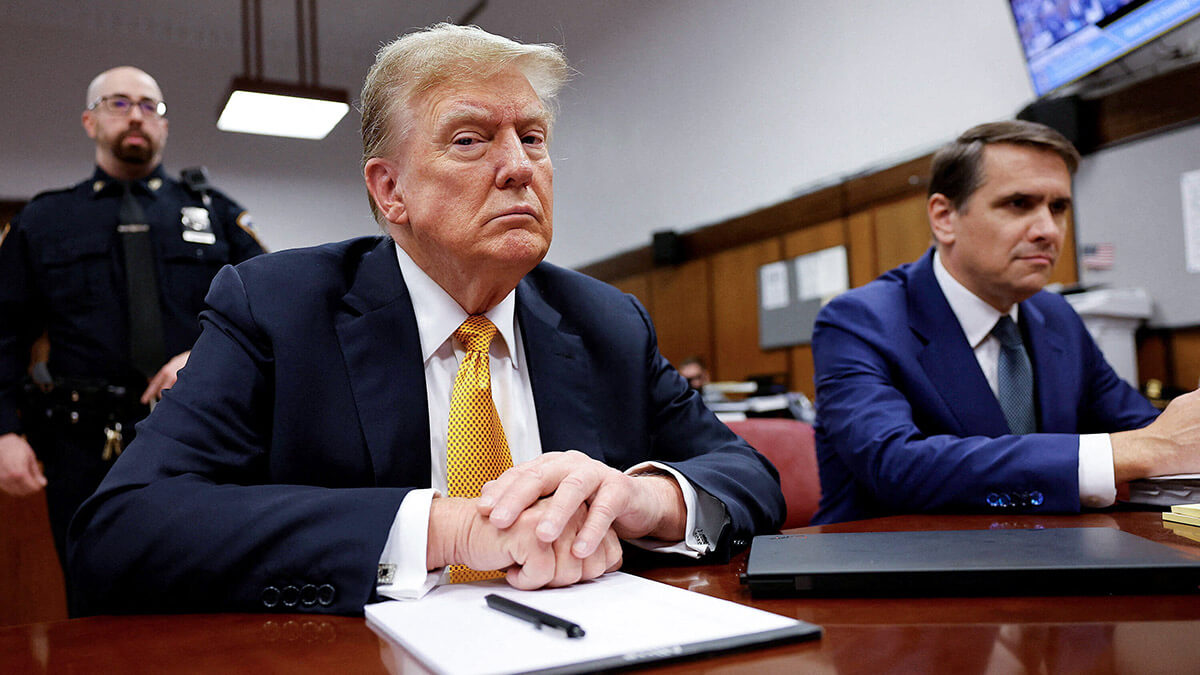
Trump denounces and threatens to go further
In line with the IEEPA ruling, LJC lawyers pointed out that ‘the government argues that as long as the president says he is facing an unusual and extraordinary threat, he can impose tariffs of any amount, on any country, for any length of time, without any court review.’
Faced with this situation, the president, who has repeatedly stated that he ‘puts America first,’ said that ‘it is not up to judges who were not elected by the people to decide how to properly address a national emergency.’
However, this decision did not come as a surprise to the government, and through the Department of Justice's head of trade litigation, Claudia Burke, it will issue a brief requesting that the decisions be appealed.
If the court's rulings are not overturned, the government will invoke the Trade Act of 1974, which allows for the imposition of ‘unfair foreign trade’ measures. This measure was already used by the Republicans during their first term to raise tariffs on China and ban the sale of Chinese-brand Huawei phones in the United States.
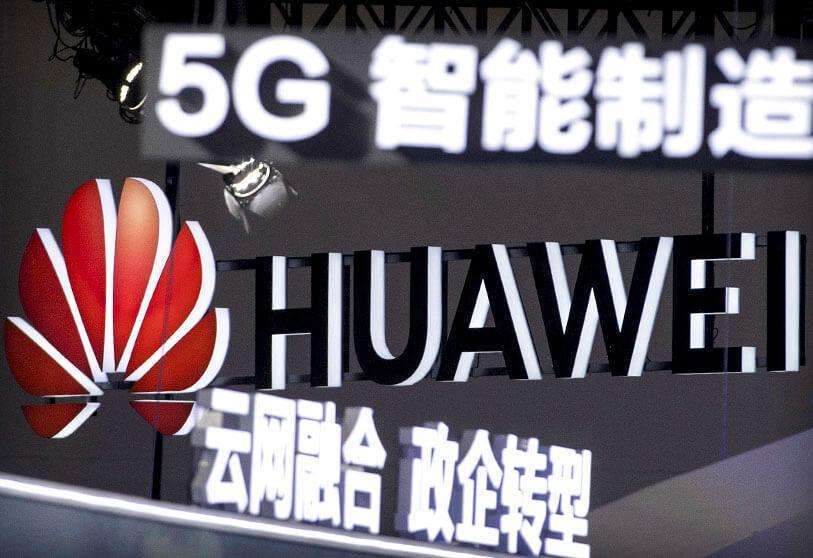
End of deportations?
However, the battle between the government and the judiciary is not only based on the trade balance, the imposition of tariffs and the control of exports and imports, but also transcends the humanitarian sphere.
In parallel with the Federal Court's decision, a judge in New Jersey has ruled that attempts to deport foreign students should be halted following the controversial detention of a Palestinian student, Mahmoud Khalil.
According to Judge Michael Farbiarz, section 1227 of the law is ‘dangerously vague’ as it does not allow for the threat to the rule of law and the right to freedom of expression, both of which are guaranteed by the First Amendment.
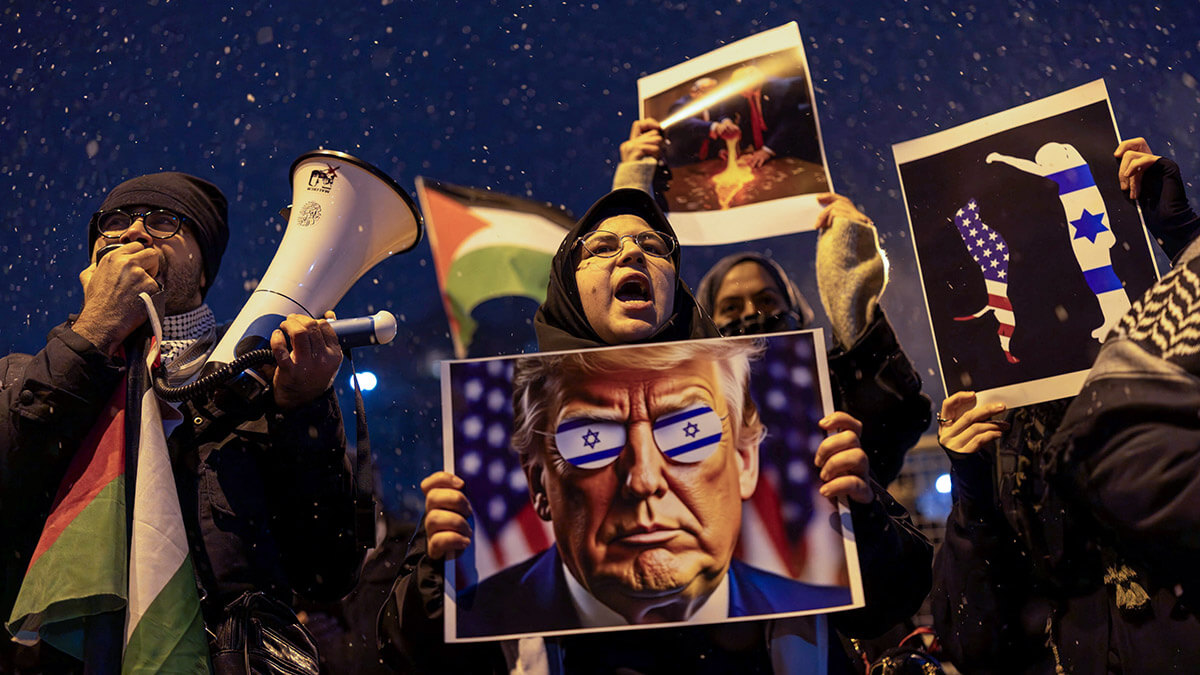
In this context, US Secretary of State Marco Rubio said that the intention to effectively revoke the decision to expel Chinese citizens from universities remains in place.
In an official statement, he specified that it would only apply to citizens likely to have connections with the ‘Chinese Communist Party’ or who study in ‘sensitive fields’ for the interests of the world's two most powerful countries. ‘We will carefully review the scrutiny to improve the process for all future applications from China and Hong Kong,’ Marco Rubio concluded.
These rulings against two of the pillars on which Donald Trump has based his policies in his five months in office have dealt a severe institutional blow that is expected to prompt an even more aggressive approach by the US Presidency.

